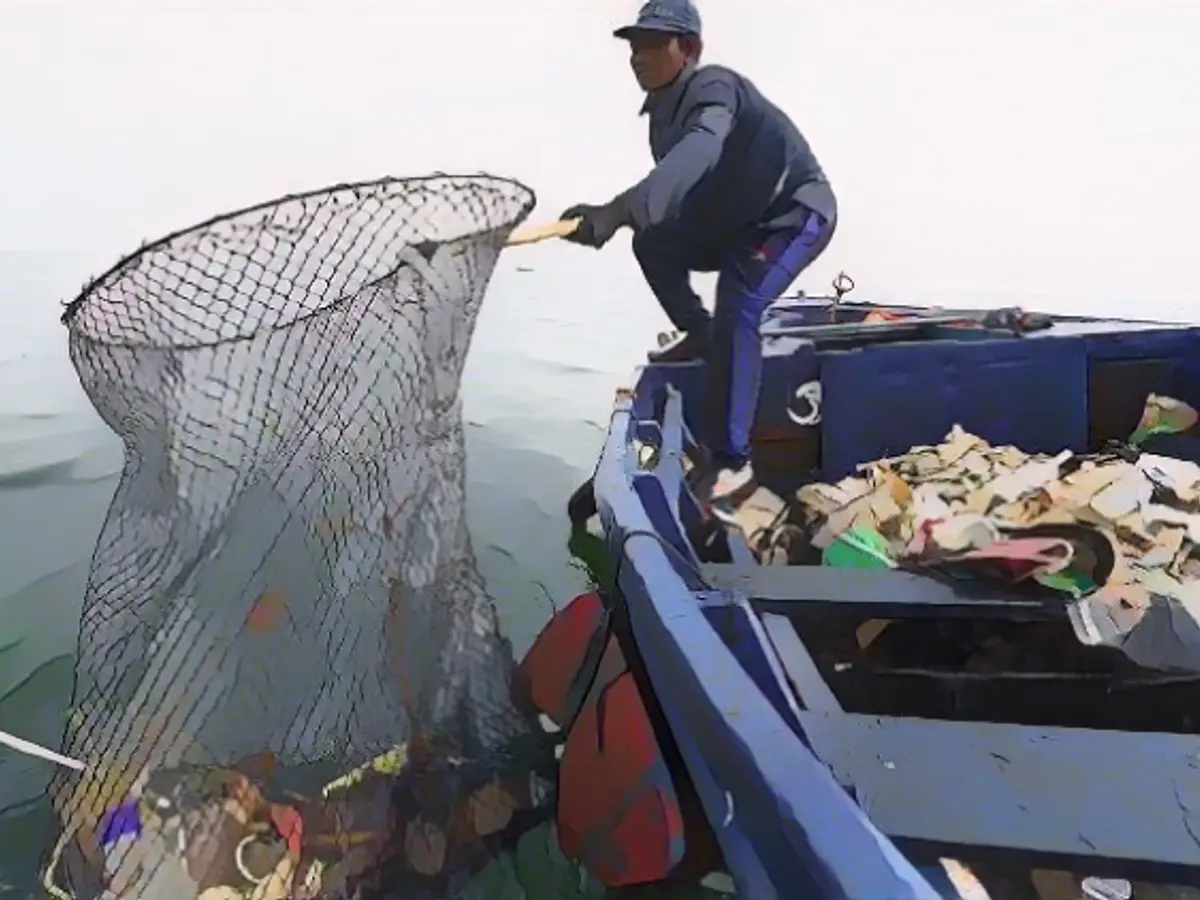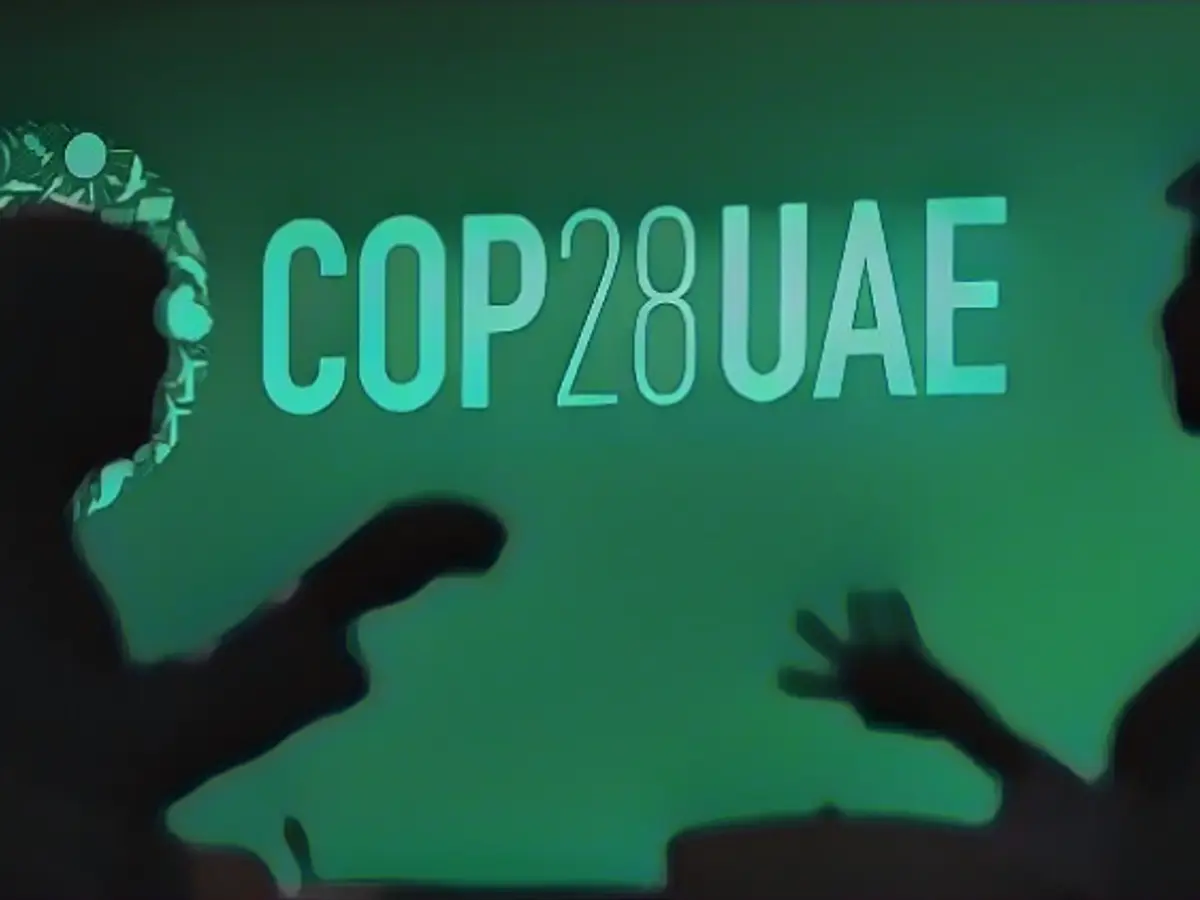Plastic Waste: The Relentless Struggle to Cap Its Growth
The global plastic waste problem isn't budging, and it's continuously intensifying. Steffi Lemke, the German Federal Environment Minister, pins her hopes on international negotiations, particularly at the UN Environment Programme (UNEP) level. Regrettably, some nations are serving as speedbumps, preventing an agreement from materializing.
Lemke has taken issue with nations like Iran, Saudi Arabia, and Russia, who she believes are sustaining their reliance on fossil fuel business models, such as plastic production, despite the looming climate crisis and the relentless pollution of our oceans by plastic debris.
At the UNEP headquarters in Nairobi, 60 countries called for a treaty banning certain plastic products and restricting their consumption. However, negotiations came to a standstill, failing to reach agreement on the essential points.
Insiders suggest that Iran, Saudi Arabia, Russia, and other oil exporters submitted an abundance of new proposals, expanding the agreement's text and significantly slowing down its processing. Oil-producing nations' representatives advocated for the treaty's regulations to be composed of voluntary commitments.
The ambition to agree to a legally binding UN treaty against plastic pollution of the environment and oceans by 175 nations received fresh support during the negotiations in Nairobi, marking the third of the scheduled five rounds. Despite the lack of progress during the talks, the possibility of an agreement by 2025 remains.
The German section of WWF’s representative, Florian Titze, echoed the general sentiment, stating that the current circumstances are hardly encouraging and requiring the German government to seize every chance for further progress in the remaining rounds, scheduled for April and November 2024.
In contrast to Titze's concerns, the UNEP expressed optimism, declaring that significant progress had been made in tackling plastic waste. Meanwhile, the International Council of Chemical Associations (ICCA) concluded that the negotiations improved an inadequate draft, taking more varied ideas into account.
Millions of tons of plastic waste have accumulated worldwide in the last 20 years, posing severe threats to marine life and human health. Microplastics, the tiniest shreds of plastic waste, are especially dangerous, ending up in marine species' digestive tracts and even the bloodstream.
Enrichment Data:
The influence of oil-producing nations like Iran, Saudi Arabia, and Russia on the negotiations weighs heavily, particularly in the petrochemical industry. Some key points suggest these countries' efforts to hinder progress:
- Industry Lobbying: Oil-producing nations have a significant number of lobbyists at the negotiations. For instance, 220 fossil fuel and chemical industry lobbyists attended the fifth round of negotiations, the highest total ever at a Plastics Treaty negotiation.
- Blocking Ambitious Provisions: These nations are diluting or blocking provisions intended to reduce plastic production and address chemicals of concern. They are employing their influence to create brackets, leading to a time-consuming recompilation exercise.
- Low Ambition Mandates: They advocate for low ambition mandates, which exclude references to production reduction and chemicals of concern. Some nations, like those in the African Group, were pushing for more rigorous measures, which is a source of contention.
- Impact on Treaty Formation: The persistent delays and opposition from these countries are slowing down the formation of a legally binding UN treaty. Nevertheless, over 100 countries support a meaningful treaty with a global plastic production reduction target, but the lack of consensus on vital issues is hindering the final agreement.
- Consumer Demand and Global Pressure: The delay contradicts the rising consumer demand for eco-friendly products and packaging. The UN Plastic Pollution Treaty seeks to accelerate paperization innovation and the expansion of the circular economy; however, the influence of the fossil fuel industry is thwarting progress.







